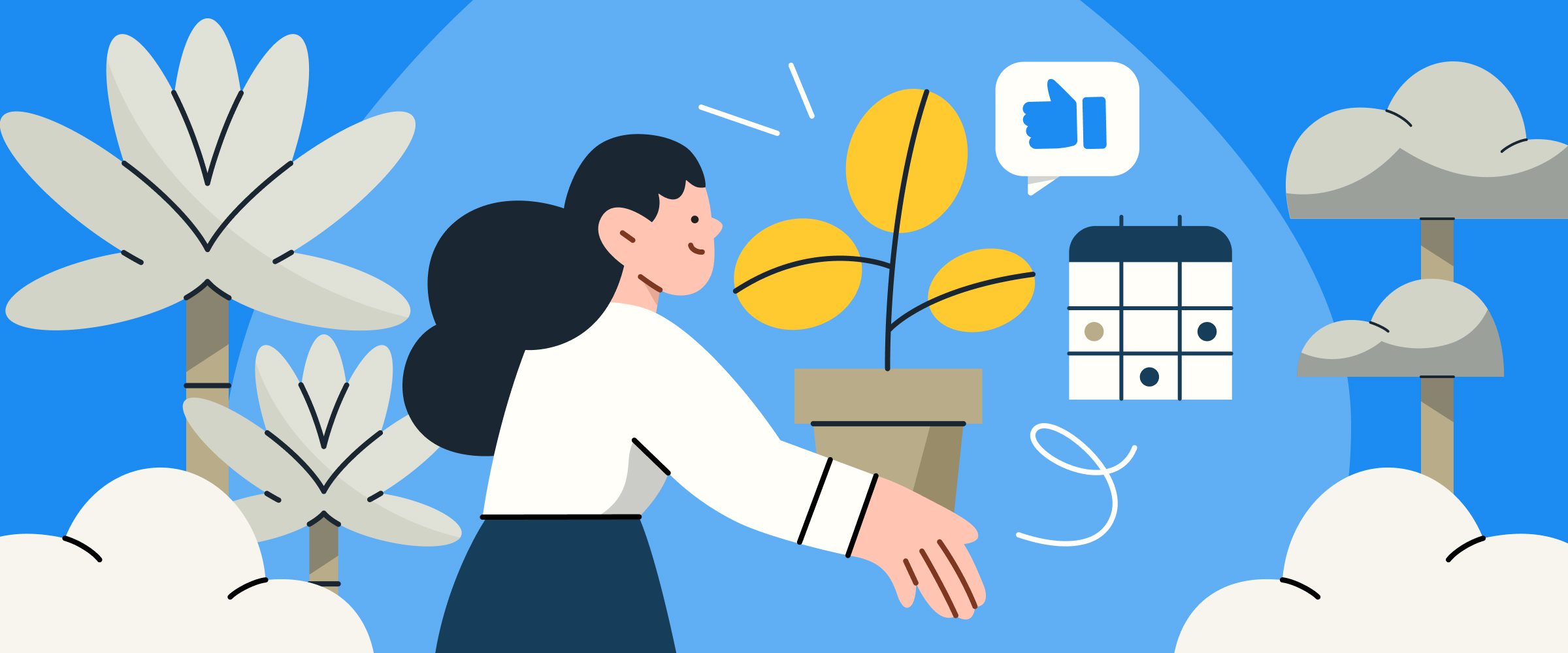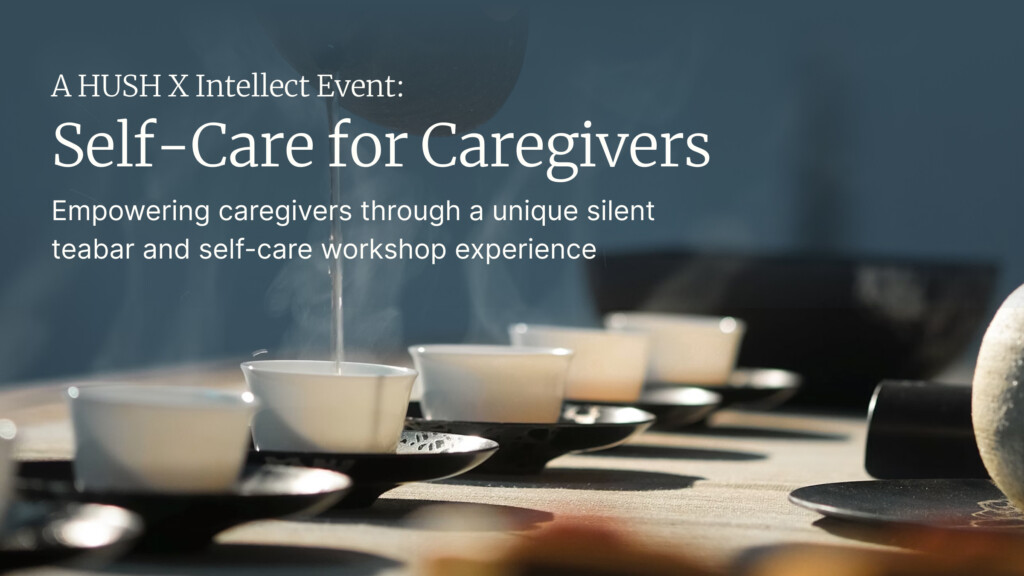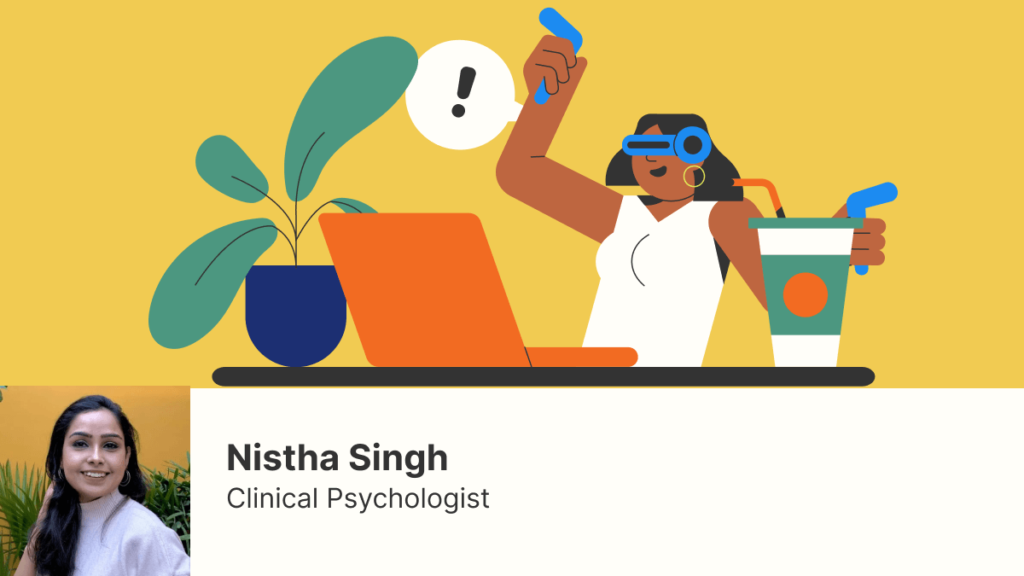If you’re lucky enough to work for an employer that offers mental health days, what’s stopping you from taking them?
Perhaps there’s a lingering stigma that surrounds mental health conversations in the workplace. If so, you’re certainly not alone. 76% of workers say they feel moderate to high levels of stigma in their workplace surrounding mental health, while 55% even fear “punishment” for taking days off to manage their mental wellbeing.
However, companies in Singapore (and across Asia) are starting to realise that a workplace culture of mental wellness can only bring win-win outcomes. They’ve recognised that since mental health is just as important as physical health, investing in employee mental wellbeing is simply good business sense.

Organisations big and small have been rolling out initiatives such as mental health days, flexible work arrangements, and access to mental health support. And employees need not and should not feel embarrassed about making full use of them.
The answer to the question “is it okay to take mental health days?” is a resounding yes!
If you still aren’t sure if taking a mental health day is justified, or don’t know how to go about asking for one, here are some suggestions from Nistha Singh, clinical psychologist and behavioural health coach at Intellect.
Reevaluate your relationship with rest

Why do we shun rest even though it’s so crucial for our wellbeing and functionality?
I get it. It’s hard to fight decades of social conditioning that villainises rest as laziness and paints overwork as a virtue. It’s one of the reasons why we sleep so little—a problem that has been amplified in the face of remote work.
We often hear that people are not machines, but in some ways, we are. Like machines, we work better and last longer with good maintenance, and being worked to breaking point is much more costly than going for regular tune-ups.
So if you’re not taking a mental health day for fear of appearing less resilient than colleagues who don’t “have to” ask for days off, remember that prioritising your mental wellbeing can never be a weakness. Instead, it’s a sign of self-knowledge and foresight.
“Most of the time, people feel like they can’t ask for a mental health day because it’s not ‘necessary’ enough, even though it’s their entitlement,” shares Nistha Singh.
“But why are we waiting till we reach or pass a breaking point before we take action? It’s time to look at mental health days as more than triage, but as proactive investments in self-care.”
Plan a mental health day around your needs

A mental health day isn’t just another day off—it’s an investment. And being aware of “deficits” at the moment will help you optimise it.
Do you simply need rest? Or do you crave more time with your loved ones? Perhaps having a little fun would help reignite your creativity? Since our needs evolve with circumstances, there’s no one-size-fits-all itinerary.
And before you cram your mental health day with activities, remember there’s no pressure to make it “productive”.
“It can end up being counterproductive if you feel so stressed about not wasting your day that you end up exhausting yourself trying to do too much,” explains Nistha.
She suggests doing whatever improves your mood and remedies the root cause that made you take a mental health day in the first place.
It could be going for a yoga class, pursuing a hobby, or doing some charity work, but there’s also no shame in sleeping in and watching movies in bed—as long as it’s not something you already do every day.
The key is to be mindful no matter your chosen activity, says Andrew M. Kuller, senior clinical team manager at McLean Hospital’s Behavioral Health Partial Hospital Program. He explains that what makes mental health days truly effective is that we’re intentional about having a low-stress, low-commitment, calm and relaxing day.
Otherwise, you might drift through the day listlessly and dread returning to work because you don’t feel mentally and emotionally recharged.
Don’t feel pressured to justify or overexplain

If your manager is any good at their job, they’ll know that running their team ragged is poor practice and poor risk management.
When requesting a mental health day, be straightforward without a hint of embarrassment.
“You don’t have to make excuses, and you’re not obliged to explain why you’re taking the day or how you’re planning on spending it. Not to your boss, and not to your colleagues,” advises Nistha firmly. “And if it helps ease any worries about workload, plan out what the day after your mental health day will look like before you take your time off.”
But what if you’re in the last stretch of a project that needs all hands on deck? Well, you can always preempt your manager that you’ll need a day or two to rest and recover once the delivery deadline is over.
Doing so shows that you know how to manage yourself, while giving you something to look forward to.
With intention, every day is a mental health day

Mental health days are dedicated to your wellbeing—but they shouldn’t be the only days.
Taking a few days off work, going on a staycation, or picking up a new hobby may not address the root cause of burnout, which often has to do with our reluctance to unplug and rest up. Being able to step away from work before we reach breaking point takes self-knowledge and consistent self-care.
Even though mental health is personal, your wellness does not solely benefit you. By pacing yourself well and actively preventing burnout, you can deliver a win-win for you, your boss, and your teammates.




